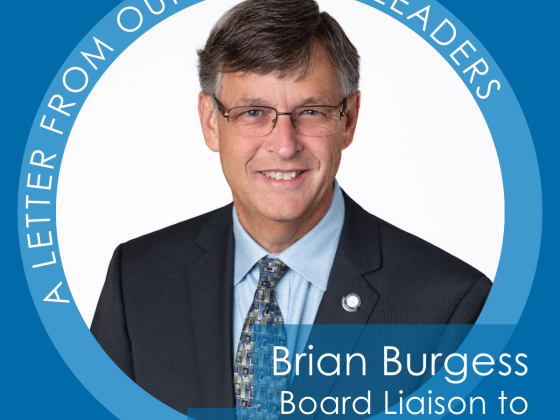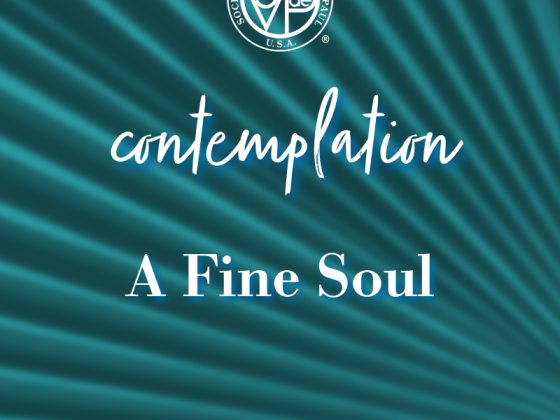By Tim Williams, Senior Director of Formation & Leadership Development
In the Society of St Vincent de Paul, “all decisions are made by consensus after the necessary prayer, reflection and consultation.” [Rule, Part I, 3.10] In other words, we don’t simply vote the minority “off the island,” but instead ensure that every voice is heard as we seek to arrive at a solution that everyone can support. The process of prayer, reflection, and consultation that we follow to arrive at consensus is discernment.
Discernment, in turn, is not simply a decision-making process, in which we tally up the plusses and minuses, or offer arguments for our positions. It is instead a search for truth, and that truth, for us, is always the will of God. To truly discern requires that each of us let go of our attachment to our own ideas, keeping our minds and hearts open not only to the ideas of others, but to the idea that our purpose is not to choose from among competing alternatives, but to find the one truth that is God’s will.
Our first Rule explained the importance of self-denial in this process, saying that “The man who is in love with his own ideas, will disdain the opinion of others… We should, therefore, willingly acquiesce in the judgment of others, and should not feel annoyed if our own propositions be not accepted by them. Our mutual good will should proceed from the heart and should be without bounds.” [Rule, Intro, 1835]
These words echo St. Vincent de Paul, who said that we should “deny ourselves totally for love of God, to bring our judgment into harmony with that of our neighbor… and conforming to God’s judgment of things!” [CCD XII:175] For Saint Vincent de Paul, the will of God was always the center of holiness, and always the guiding light for his works and his plans.
Discernment is not a contest to determine whose will is strongest, but instead is always a seeking of God’s will to guide us, whether discerning our individual pathway, discerning the best way to help a neighbor, or discerning a plan for new special works. If we truly believe that God called us to this Vincentian vocation, we must also believe that the God who called us here is here; that he is within and among us; that each of us individually and all of us as a group were called here by God; and that it is His voice and His will we are called to continue to serve. He makes His will known to us through Holy Scripture, through the Rule and traditions of the Society, and through the people and events in our lives. To deny ourselves in this process doesn’t mean refusing to say what we think. It means offering our reasons, but not our judgment. It means having the humility to recognize that we do not know all the answers, and being willing to accept God’s will as it is revealed to us, even – and especially – when it contradicts our own preconceived notions.
In other words, if we truly wish to hear His voice, we must first lower our own.
Contemplate
Am I sometimes too attached to my own opinions at Conference meetings?
Recommended Reading
Serving in Hope, Module VII – especially 7.4 “Discerning With a Vincentian Heart”




We are having this exact conversation in our conference. Too often we fall into the majority rules, rather than listening to one another and all ideas. This is a wonderful prayerful thought on this important concept of our works and our mission.
“Lowering our voice to hear God’s.”